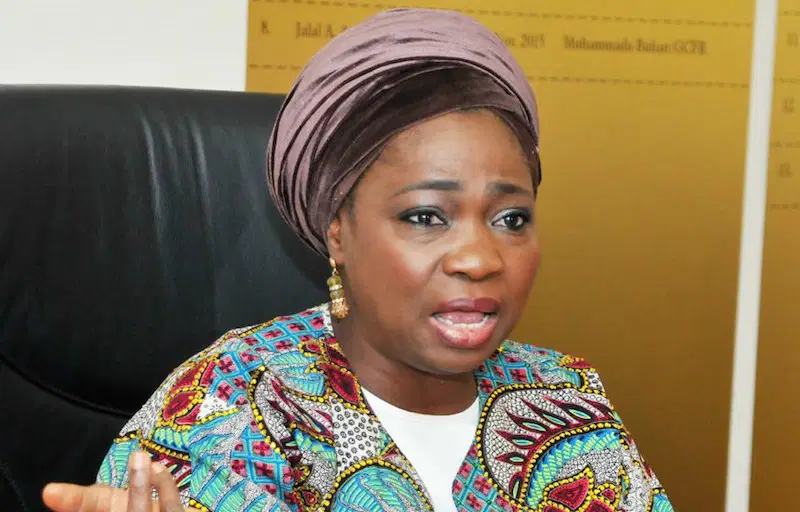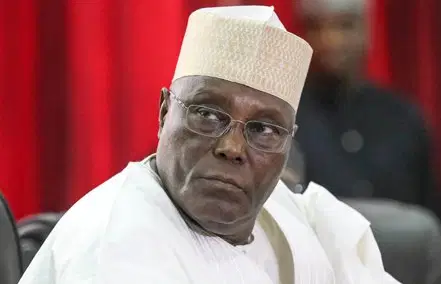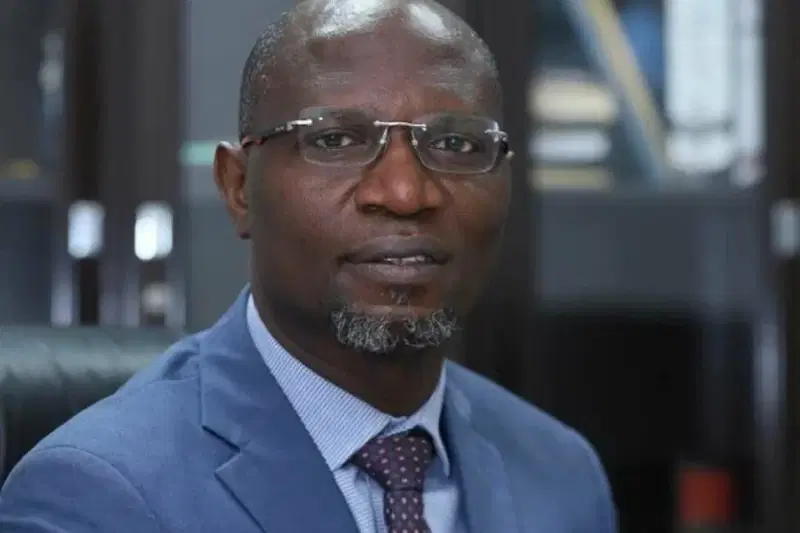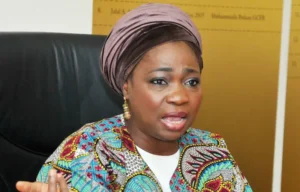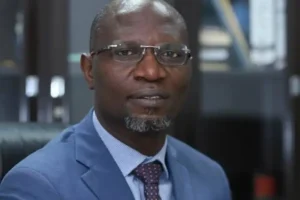- Total Expenditure: N27.5 trillion, equivalent to $36.7 billion
- Projected Revenue: N18.32 trillion, equivalent to $24.4 billion
- Deficit: N9.18 trillion, equivalent to $12.2 billion
- Oil Revenue: N7.68 trillion
- Non-Oil Taxes: N3.52 trillion
- Independent Revenue: N1.91 trillion
- Capital Expenditure: N7.72 trillion (exclusive of transfers)
- Debt Service: N8.25 trillion
- Statutory Transfer: N1.37 trillion
- Sinking Fund: N243.66 billion
These figures are part of the “Budget of Renewed Hope” presented by President Bola Ahmed Tinubu to the National Assembly .
President Bola Tinubu has written to the National Assembly seeking approval for a fresh external borrowing of $2.209 billion (N1.767 trillion) to address the N9.17 trillion fiscal deficit in the 2024 budget . This borrowing plan is part of Nigeria’s budgetary financing plan and aims to finance the budget deficit. However, experts are warning against plunging the country into more debt.
David Adonri, Executive Vice Chairman at Highcap Securities Limited, expressed concerns that Nigeria is already in a debt trap and requires new foreign debt to service outstanding debt. Prof Uche Uwaleke, President of the Association of Capital Market Academics of Nigeria, emphasized the need to specify the projects to be financed and how the loan will be repaid, considering the country’s huge debt burden .
Clifford Egbomeade, Public Affairs Analyst/Communications expert, noted that the economic impact of the loan depends on how effectively it is utilized . He highlighted concerns about transparency and accountability in loan utilization and the urgent need for structural reforms to diversify revenue sources.
Key Concerns:
- Debt Trap: Nigeria’s rising debt servicing costs and increasing strain on public finances
- Lack of Transparency: Concerns about wasteful spending and failure to deliver developmental outcomes
- Over-Reliance on Oil Revenue: Need for structural reforms to diversify revenue sources
Proposed Solution:
- Prioritize Boosting Internally Generated Revenue: Restructure existing loans and adopt policies for efficient debt utilization
- Specify Projects to be Financed: Ensure transparency and accountability in loan utilization
- Diversify Revenue Sources: Reduce reliance on oil revenue and federal allocations



